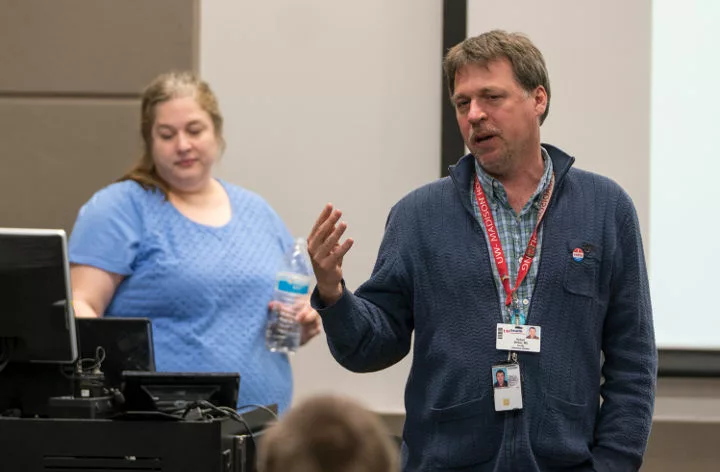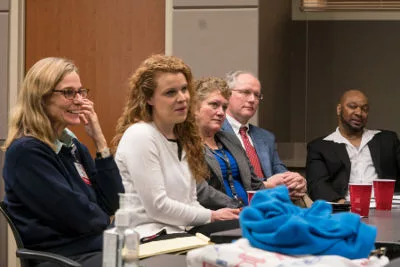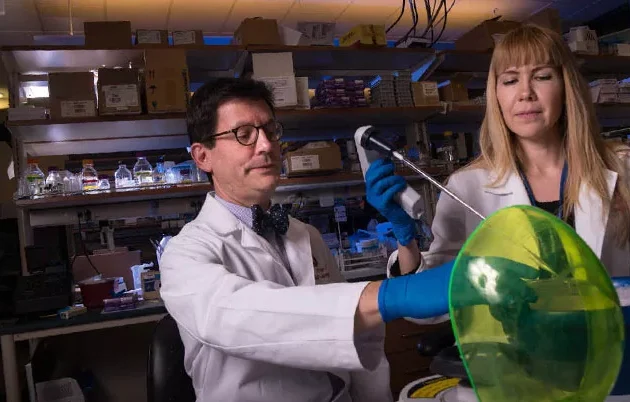“We can’t expect people to thrive and contribute to society after incarceration unless we care for them,” said panelist Melissa Ludin, a formerly incarcerated woman and current Board President of Ex-Incarcerated People Organizing (EXPO). “They, too, need quality care, that is provided with compassion and understanding.”
Said Reece, “Caring for incarcerated and formerly incarcerated people is a unique practice with unique needs and challenges. There are a few medical centers and universities across the country that are addressing this with medical residents, but our course is innovative in that it is targeting students earlier in their education. It’s our hope that students will then think about this earlier in their career as well.”
Panelist Joan Addington-White, MD, professor of medicine and director of the School of Medicine and Public Health’s Internal Medicine Primary Care Track Residency Program, is developing similar training opportunities for medical residents. She reminded attendees, “You will serve patients with a history of incarceration at some point in your career. Through this course, we want to train students to have the knowledge and sensitivity to do so effectively.”
The project aligns with the Wisconsin Partnership Program’s efforts to advance health equity in our state.
“The goal of our Community Catalyst Grant program is to support community-driven efforts to improve health equity,” said Courtney Saxler, program officer for the Wisconsin Partnership Program.
“By connecting the community expertise and experience of Nehemiah with the education and training expertise of the University of Wisconsin, this project provides an innovative, community-led approach to address the unique health care challenges and health disparities that incarcerated and formerly incarcerated individuals face. We are looking forward to the course’s official launch this fall.”
For more information on the upcoming course, contact Karen Reece at kreece@nehemiah.org or Robert Striker at rtstriker@wisc.edu.



